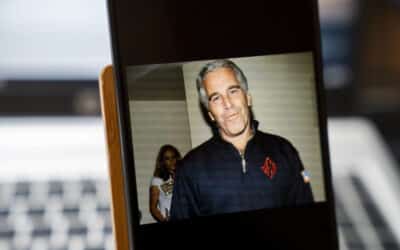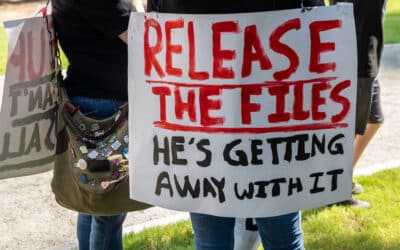Everyone understands the need for children to obtain permission from their parents before undertaking certain activities: sleeping over at a friend’s house, viewing a particular movie, going on a field trip, participating in some sport, attending a particular party, staying up late, playing a particular video game, making a major purchase at a store, surfing the Internet, or having some medical procedure.
Whether the issue is safety, security, fiscal responsibility, liability, or morality, it is generally true that father and mother know best. Even when it is grandparents, older siblings, or other relatives that are the ones granting the permissions, it is still generally true that the families of the children know what is best for the children, not the children’s friends, schoolmates, teachers, and neighbors.
But since government is not a parent, or even a babysitter, a caretaker, or a nanny, why is it that adults must get permission from it to open a business, engage in commerce, work in certain occupations, have a particular vocation, or provide a service to willing customers? In other words, why do Americans need permission from the government to work?
Since the war on poverty was declared as part of Lyndon Johnson’s “Great Society,” governments at all levels in the United States have spent trillions of dollars helping the poor. The government spends hundreds of billions of dollars every year providing a myriad of forms of welfare to low-income Americans. The vast majority of the programs have a means test; if a family’s income were to increase above a certain amount, then the family would no longer be eligible to receive benefits from some or all of them. The government also spends many billions of dollars every year on job-training programs. Some Americans are even paid by the government for not working in the form of unemployment compensation. So why does government make it so difficult for some people to work?
Government licensing
Government makes it difficult for some people to work when it decrees that they obtain — sometimes at a great cost in time and money — an occupational license. An occupational license is simply a certificate of permission and approval from a government-sponsored board that a job-seeker is required to obtain before he can begin working in a certain occupation. Such licenses are most commonly issued and regulated by state governments, but government at the federal and local level also license certain forms of work. An occupational license always involves paying a fee and usually requires a certain level of education or completion of so many hours of required training. Taking everything into account, the total cost to obtain an occupational license, in dollars and time, can be considerable.
According to a study prepared by the Department of the Treasury Office of Economic Policy, the Council of Economic Advisers, and the Department of Labor, and published by the White House last year, occupational licensing has grown rapidly over the past few decades:
“More than one-quarter of U.S. workers now require a license to do their jobs, with most of these workers licensed by the States.
“The share of workers licensed at the State level has risen five-fold since the 1950s.
“About two-thirds of this change stems from an increase in the number of professions that require a license, with the remaining growth coming from changing composition of the workforce.”
And as the study goes on to say, this share of workers “is higher when local and Federal licenses are included.”






























